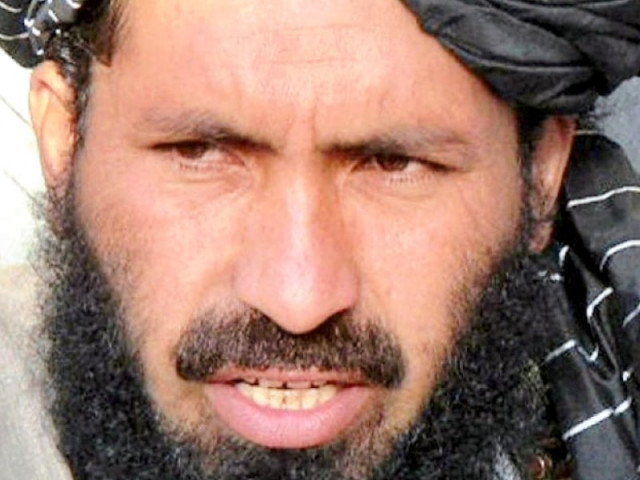The attack on Mullah Nazir
By designating Mullah Nazir as ‘friendly’, Pakistan has indirectly designated the Americans as an enemy.

The fact that he was operating in South Waziristan more or less under the Pakistan Army’s control tends to prove that his faction was not considered dangerous by Pakistan. At least, in regard to the Uzbek component inside the al Qaeda combine, he was doing what Pakistan would most like him to do: attack and eliminate these ferocious ‘foreigners’ from Central Asia. But the web of rivalries is more complex than that. Mullah Nazir was a zealous devotee of the faction of Mullah Umar of Afghanistan and, together with his al Qaeda allies, attacked American forces inside Afghanistan. By calling him ‘friendly’, Pakistan signalled its own opposition to the Americans and their strategy as well. Needless to say, the Americans tried to kill him — unsuccessfully — a number of times.
Mullah Nazir represents the jihadi face of the other tribe in the region after whom the two adjacent tribal agencies are named: the Wazir. According to one source, “he is a member of the Kakakhel tribe, part of the Ahmedzai Wazirs”. Probably born in 1975, he is a dual citizen of both Afghanistan and Pakistan and until 2010, owned property in Kandahar. When Imran Khan took his followers to Kotkai in the Mehsud-dominated part of it near the home village of TTP leader Hakimullah Mehsud, a Wazir ex-diplomat of Pakistan criticised him for not going to the headquarters Wana instead where there is a Wazir majority. It is possible that his being a ‘friend’ of Pakistan has caused a rift with the Mehsud leader of the Taliban.

This leads us to a triangle of rivalries, the net effect of which does not go in favour of Pakistan. By designating him as ‘friendly’, Pakistan has indirectly designated the Americans as an enemy. Since peace agreements with the Taliban have not borne fruit, the TTP also does not consider this designation of ‘friend of Pakistan’ as a positive development. With the onset of the TTP strategy of attacking Pakistan across its territory, a Taliban commander unwilling to attack Pakistanis is not acceptable to the Taliban even if it was tolerated in the past. By targeting Mullah Nazir, the TTP may have further complicated the map of adversaries in the region. The complexity of this development can be judged from the fact that the attack on Nazir benefits both Taliban and the Americans: both have gained without any gains to Pakistan.
The Wazirs are a minority in both agencies named after them. Mullah Nazir asserted the identity of his tribe by being the first to separate himself from the Mehsud majority in TTP on the subject of letting the Uzbek warriors operate out of South Waziristan. In 2007, some say he organised his force with some help from the Pakistan state, and attacked the militants of the Islamic Movement of Uzbekistan (IMU) operating in the region under Tahir Yuldashev. More than 250 Uzbeks were killed. Then, Mullah Nazir stated in a 2011 interview that he and the IMU had reconciled after Yuldashev’s drone death in 2009.
Pakistan has focused on its own internal security while assessing the different factions of the TTP. The Americans have identified Mullah Nazir as a most dangerous ally of al Qaeda. A large number of Arabs killed by drones had been taking shelter with him. It appears that for Hakimullah, it was more important to see that no pro-Pakistan element remained inside his various terrorist groups.
Published in The Express Tribune, December 3rd, 2012.














COMMENTS
Comments are moderated and generally will be posted if they are on-topic and not abusive.
For more information, please see our Comments FAQ